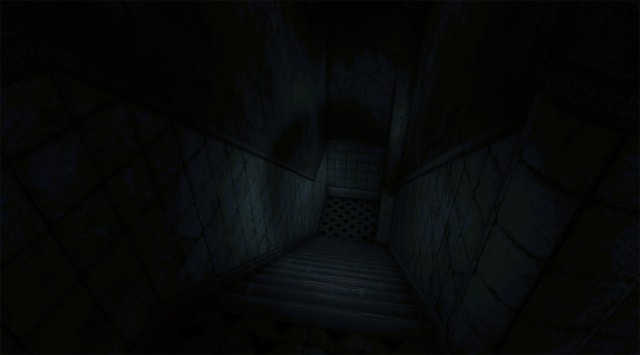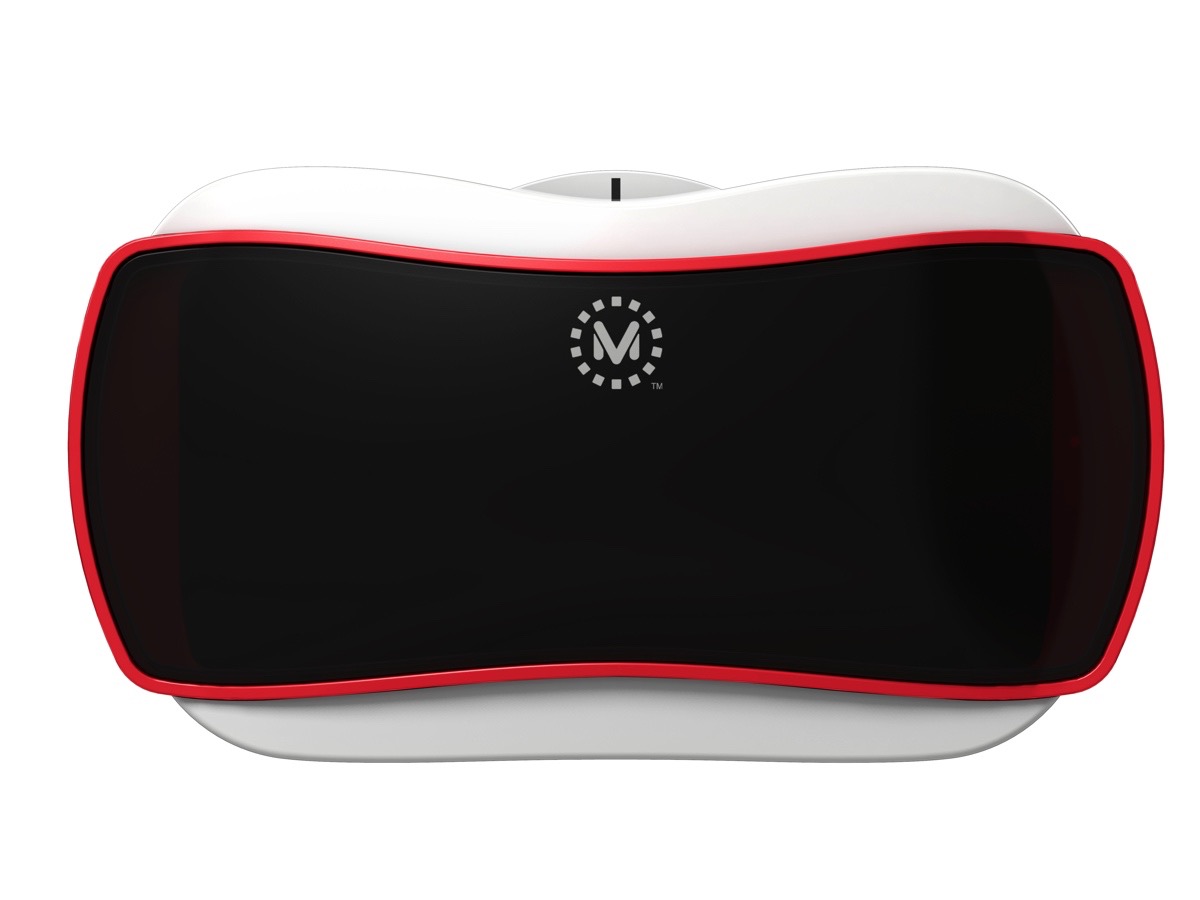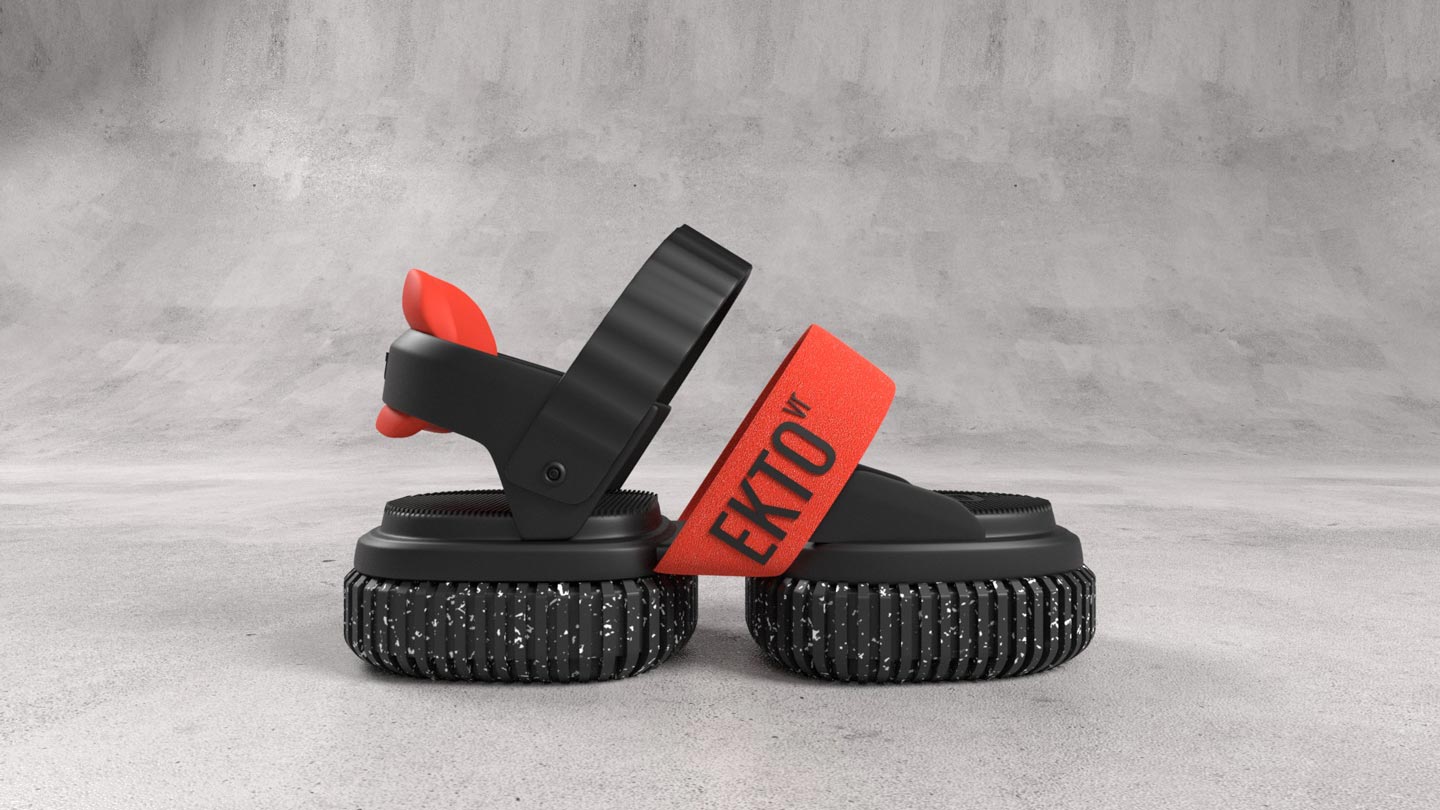Is virtual reality (Oculus, Vive, etc…) safe for kids?
In the last times, I found myself arguing a bit on online communities with people sharing videos of their babies wearing Vive or Oculus headsets and having funny reactions. While the videos are surely amusing, I’m worried about little kids using VR and I often comment that… and usually people answer me that there’s no problem in children using virtual reality. In fact, out there there are virtual reality headsets especially crafted for children (like the Mattel View Master of the header image).
At the good old Oculus DK2 times, we all remember the first HEALTH & SAFETY warning stating that the device should not be used by kids under 7yo. That age was risen in 2014 to 13yo: this decision was interpreted by me as a move by Oculus to play ultra-safely. Even now, Oculus says that kids under 13 years old should not play VR. Vive and PSVR come with similar warnings (12-13yo age limit). But people seem not to care about these warnings and continue saying that there are no practical and proven reasons for this limit.

Well, actually, there are. And I’m going to briefly list them here.
We don’t know the effects of virtual reality on a growing human
The first reason is of course that we don’t know the long term effects of virtual reality, since VR is a ratherly new topic (I mean, modern VR is a new topic… VR has started in the ’60s). So there has not been the time to make a reliable research on VR long term effects. This problem is even worse when we’re dealing with research on kids, because they’re very hard to be performed for ethical reasons.
Some researches may alarm us: as stated in this very interesting article, “In a 2014 study in rats, researchers at the University of California found that the neurons in a brain region associated with spatial learning behaved completely differently in virtual environments compared to in real ones, with more than half of the neurons shutting down while in VR. What this means for humans is unclear, but the scientists said it highlighted the need for more research on the long-term effects of VR.”. Let’s all remember that the brain in the first years of life of a baby is very active and shapes itself creating the connections between neurons that will decide how much a baby will be smart as adult: shutting down neurons seems not to be a nice thing. So, effects of VR on a brain in evolution has still not been verified: to play safe, it’s better to use VR when the brain is in a more stable phase (teenagers and above).
Long term effects on eyes have not been investigated either, but various experts report that these should not be an issue: kids showing eye problems after having used VR usually just highlights problems that they already have. VR should not cause problems to children’s eyes… but, again, there are not studies proving that for sure. The uncertainty here is given again by the fact the eye is growing and not in a mature stage.

The side effects we already know are surely worse on kids
I’ve made hundreds of people try VR for the first time and I can tell you that some of them have had bad effects like dizziness, nausea, headache, sweating… someone also panicked a bit inside a headset. And I’m talking about adult people. With an adult, everything is easier: the adult tells you that something is wrong, you just go there and remove the headset and then you make him/her to seat for a while, explaining that side effects are normal. The adult recovers and then continues his life as always.
A kid may not warn you about the problem he’s having so you may not be able to help him/her in time. If he feels that side effects, his experience may be really unpleasant… and he’s not in an age where he can fully understand the fact that he’s trying a new technology and that side effects are normal. Experiencing some side effects in an early age may cause him/her a little “trauma”, making him adverse to the technology.
Furthermore, as I’ve already stated, studies show that motion sickness grows until 13yo, so little kids are more prone to sickness than us adults (maybe the limit of 13 years old comes from this). Again, explaining to a kid the issue of the visual-vestibular-systems-discrepancy is a bit tricky, so it’s surely better to make him not experience nausea. After 13 years old the experience becomes more comfortable (and it is even easier to explain the motion sickness problem to the little guy/girl).
Another simple issue may be related to the physical environment: we all have stumbled into some furniture while in VR… kids and room scale are not a good match, I think (again, I find it hard to explain to little babies what the Guardian system is).
Psychology issues can be more relevant
If The Affected scared me to death, I can’t even imagine the effects of that on kids. So, surely parents should not make their children try highly emotional experiences.

Furthermore, as my psychologist friend Vito said, children have not a clear ability to distinguish the real from the virtual, so it is not safe to make them to live in a virtual world. They could blend what they live in VR to what they live in the real world, with their brain making a mess. This is especially dangerous if they live unpleasant or manipulatory experiences inside VR (when VR will be filled with advertisement, this could be an issue, too).
I mean, me too as an adult have these issues sometimes after having played VR too much time… sometimes my brain goes crazy after I’ve removed the headset and says “is this real life? Is this fantasy?” in a Bohemian Rapsody way… so I can only imagine the side effect of VR on a kid.
What’s the takeaway of this? Well, at first not to panic. I tried to highlight all the problems of making a little guy to try VR, but that does not mean that if you make your 5yo child wear a Vive headset, his brain will explode. What you do need is common sense. So, my personal advice is:
- Make your children using VR for very little time. The smaller the kid, the smaller the time;
- Make them try only super-comfortable experiences (no motion sickness at all);
- Make them try only relaxing experiences (so, Henry is ok, but RoboRecall may be not)
- Be with there all the time and help them when in trouble.
The important is that you know the risks your child is taking, so that you can handle them.
Have fun with VR!
(Header image by Engadget)
Disclaimer: this blog contains advertisement and affiliate links to sustain itself. If you click on an affiliate link, I'll be very happy because I'll earn a small commission on your purchase. You can find my boring full disclosure here.




I am with in this children should enjoy more of reallyti instead of so much virtual world.
Well, as a virtual reality developer, I love VR and I think that may be funny to let children have a taste of VR. But I agree with you… little children should play with balls and crayons.
With regard to the warning about children 7 and under.. before I bought my Vive I had(and still have, but don’t use) a 3D capable monitor and NVIDIA 3D vision 2. Before allowing my nephew (6 at the time) look through the glasses, I did some searching and found some info about the eyes of children under 7 not yet being completely developed, and that extended use of stereoscopic 3D can cause problems with their eyes ability to change focus rapidly.
Okay, I lied.. I let him try it once before I searched, but after he had used them for 10 minutes, he took them off and said his eyes hurt >.<
Thanks for having shared your direct experience! Hope your nephew’s eyes are still good 🙂